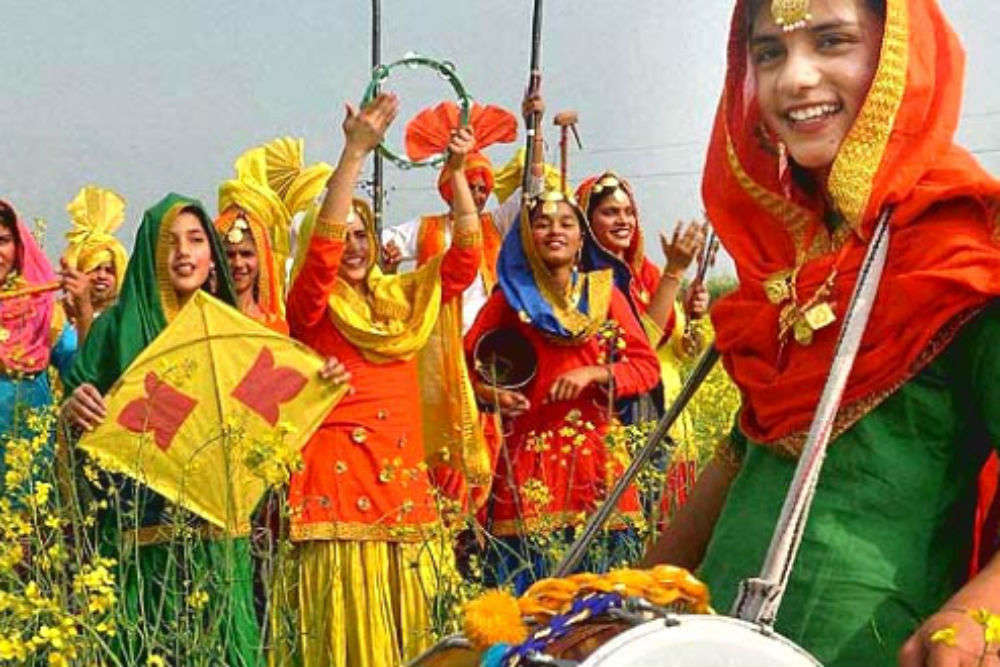
Basant Panchami Welcomes the Season of Spring in India
Basant Panchami is a Hindu festival that celebrates the arrival of spring and the goddess of learning, Saraswati. The festival is observed on the fifth day of the Hindu month of Magh, which typically falls in late January or early February.

The word "Basant" means spring, and "Panchami" means the fifth day. Therefore, Basant Panchami marks the fifth day of the spring season.
It is celebrated with great enthusiasm and fervor in many parts of India, particularly in the northern states of Punjab, Haryana, and Uttar Pradesh.

On this day, people dress in yellow, the color of spring, and of the goddess Saraswati. Yellow flowers, such as marigolds and mustard, are also commonly used to decorate homes and temples. Yellow sweets are also prepared and distributed among friends and family as a symbol of happiness and prosperity.
In many parts of India, people visit temples to offer prayers to Saraswati. The goddess is depicted as a beautiful woman with four arms, sitting on a lotus flower and holding a book, a rosary, and a musical instrument. She is the goddess of knowledge, wisdom, and the arts, and is revered by students, scholars, and artists.

In some regions, people also fly kites on Basant Panchami to mark the arrival of spring. The festival is also celebrated in the traditional way by flying kites on this day.

In addition to its religious significance, Basant Panchami also holds great cultural and social importance. It is a time for people to come together and celebrate the end of winter and the arrival of a new season of growth and prosperity. It is a time for families to gather and enjoy traditional foods and sweets, and for young people to participate in games and activities.
In conclusion, Basant Panchami is an important Hindu festival that celebrates the arrival of spring and the goddess of learning, Saraswati. It is a time for people to come together and enjoy traditional foods and sweets, and for young people to participate in games and activities. It is a day to honor the goddess of knowledge and wisdom and to celebrate the end of winter and the arrival of a new season of growth and prosperity.
Appreciate the creator